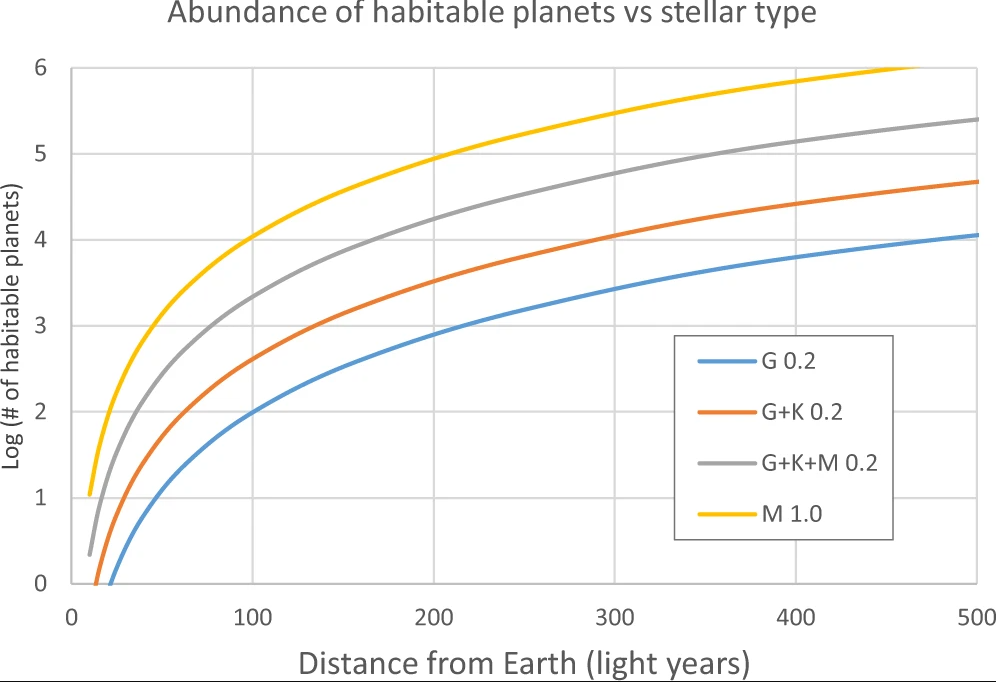The continued presence of liquid water on planets, considered one of the basic requirements for sustaining life, is up to 100 times more ubiquitous in the universe than previously estimated.
This is according to a new study conducted by Professor Amri Wandel from the Racah Institute of Physics at the Hebrew University of Jerusalem, published in the peer-reviewed journal, "Nature Communications."
A recent study by researchers at Hebrew University revealed that oceans beneath ice layers on planets orbiting red dwarf stars, which make up most stars, are promising targets for life.
These planets are easier to detect and their surfaces are easier to study than planets orbiting stars like the sun.
"The findings demonstrate a significant increase in the likelihood of discovering planets with the potential for hosting life-sustaining conditions, particularly around red dwarf star systems, which comprise the majority of stars," Wandel said.
"What's more, the discovery of liquid water beneath ice layers on these planets has expanded the habitable zone of stars at large, including those beyond red dwarfs," he added.
"The probability of finding planets with conditions suitable for the development of life, including liquid water, is now believed to be up to 100 times greater than previously estimated," he said.
With the goal of reevaluating the likelihood of finding life-supporting planets, Wandel conducted research that factored in planets orbiting red dwarfs and the possibility of life developing in oceans located beneath icy layers on cold planets.
His work builds upon his previous research into the habitable zone and a study by his colleagues, which demonstrated that liquid water could potentially exist beneath the ice caps of planets previously believed to be too cold.



